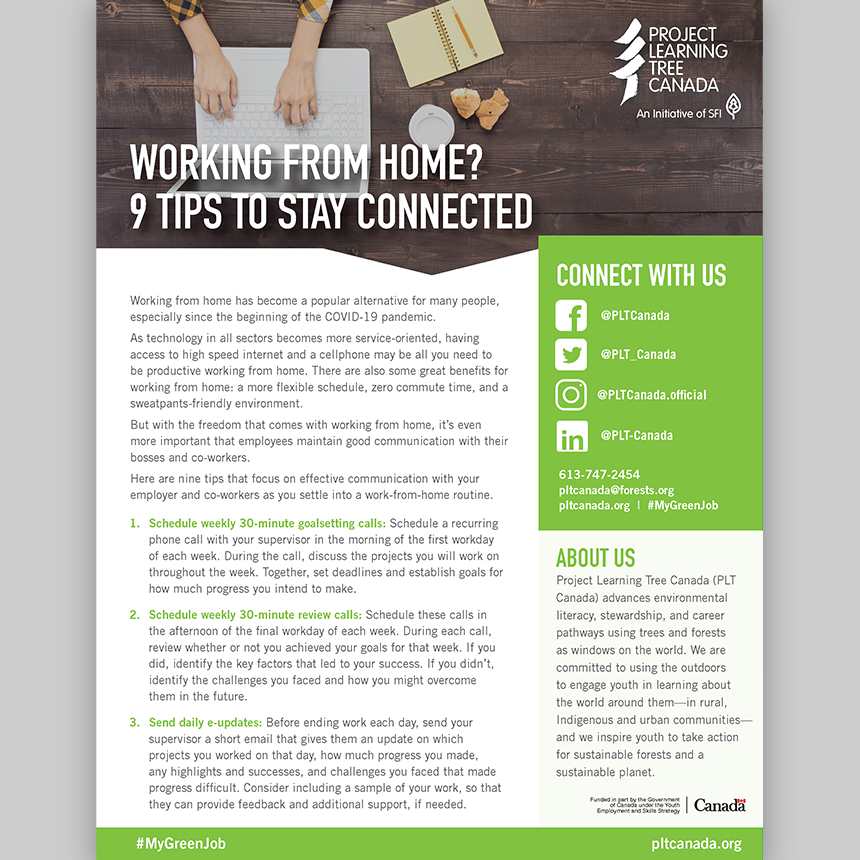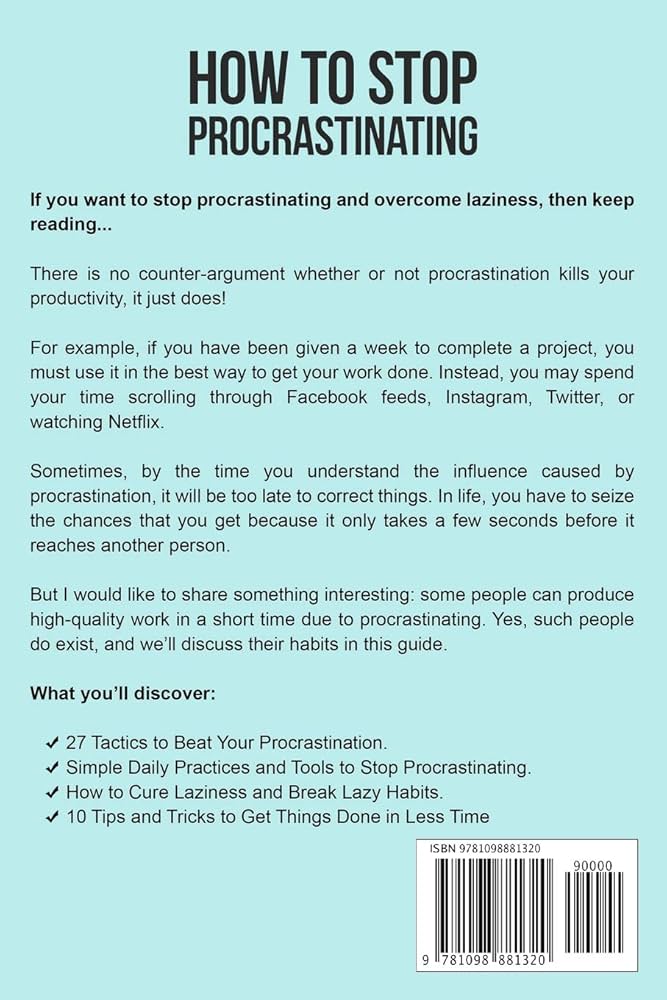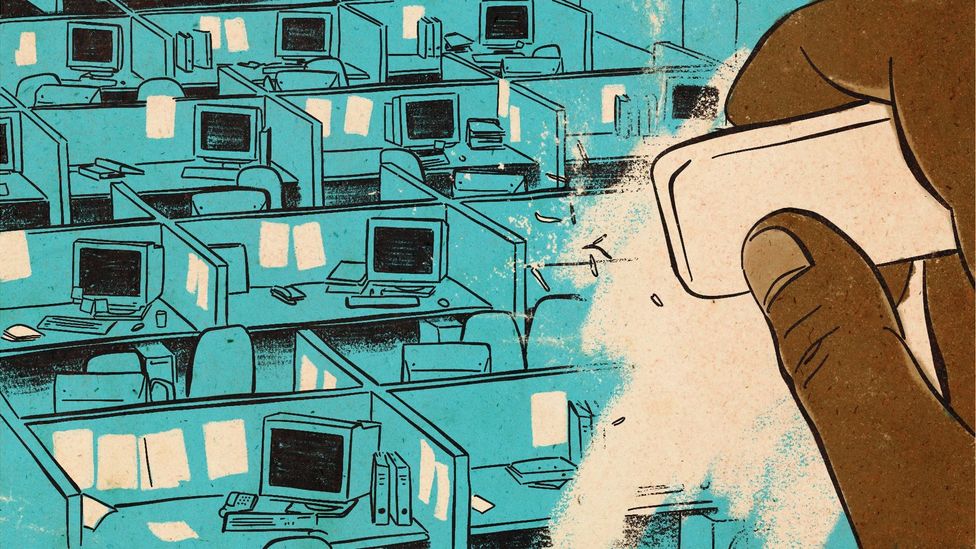Work from Home: Top 10 Successful Strategies in 2023

1. Time Management: The Key to Productivity
As someone who has been working from home for several years now, I can confidently say that time management is the most crucial aspect of being successful in a remote work environment.
With the freedom and flexibility that comes with working from home, it's easy to get distracted and lose track of time.
To stay productive, I recommend the following Top 10 Successful Strategies:
1.1 Create a Schedule and Stick to It
Having a set schedule helps you establish a routine and ensures that you allocate enough time for work and personal activities.
Set specific working hours and make sure to follow them consistently.
1.2 Prioritize Your Tasks
Make a to-do list at the beginning of each day and prioritize your tasks based on their importance and deadlines.
This will help you stay focused and ensure that you complete your most critical work first.
1.3 Minimize Distractions
Working from home can be full of distractions, such as household chores, family members, or even social media.
Create a dedicated workspace, turn off notifications on your phone, and use website blockers if necessary to minimize distractions and stay focused on your work.
1.4 Take Regular Breaks
While it's essential to stay focused, it's equally important to take regular breaks to recharge and avoid burnout.
Schedule short breaks throughout the day to stretch, grab a snack, or simply relax.
This will help you maintain your productivity levels and prevent mental fatigue.
1.5 Set Boundaries
Working from home can blur the lines between work and personal life.
It's crucial to set boundaries and communicate them to your family members or roommates.
Let them know your working hours and ask for their support in respecting your dedicated work time.
- Create a schedule and stick to it
- Prioritize your tasks
- Minimize distractions
- Take regular breaks
- Set boundaries

2. Effective Communication: Stay Connected
Working remotely can sometimes feel isolating, but with the right communication strategies, you can stay connected with your colleagues and maintain a sense of teamwork.
Here are some tips for effective communication:
2.1 Utilize Video Conferencing Tools
Video conferencing tools like Zoom, Microsoft Teams, or Google Meet are excellent for virtual meetings and face-to-face interactions.
Use these tools to connect with your team, discuss projects, and maintain a sense of camaraderie.
2.2 Regularly Check-in with Your Team
Stay in touch with your team members through regular check-ins.
This can be done through email, instant messaging platforms, or project management tools.
Regular communication ensures that everyone is on the same page and helps foster collaboration.
2.3 Be Clear and Concise in Your Communication
When communicating remotely, it's essential to be clear and concise in your messages.
Avoid long, convoluted emails and instead, get straight to the point.
Use bullet points or numbered lists to make your messages more scannable and easier to understand.
2.4 Foster a Positive and Supportive Virtual Environment
Working from home can sometimes lead to miscommunication or misunderstandings.
Foster a positive and supportive virtual environment by being empathetic, practicing active listening, and offering help and support to your colleagues when needed.
2.5 Use Collaboration Tools
Collaboration tools like Slack, Trello, or Asana can help streamline communication and project management.
These tools allow you to assign tasks, track progress, and collaborate with your team in real-time.
- Utilize video conferencing tools
- Regularly check-in with your team
- Be clear and concise in your communication
- Foster a positive and supportive virtual environment
- Use collaboration tools

3. Create a Productive Workspace
Your workspace plays a significant role in your productivity and overall well-being while working from home.
Here are some strategies to create a productive workspace:
3.1 Designate a Dedicated Workspace
Set aside a specific area in your home that is solely dedicated to work.
This could be a spare room, a corner of your living room, or even a desk in your bedroom.
Having a designated workspace helps you mentally separate work from personal life.
3.2 Invest in Ergonomic Furniture
Invest in a comfortable chair, an ergonomic desk, and proper lighting to create a workspace that supports good posture and reduces the risk of physical discomfort or injuries.
Your physical well-being is crucial for maintaining productivity.
3.3 Declutter and Organize
A cluttered workspace can lead to distractions and decreased focus.
Take the time to declutter your workspace and organize your materials and supplies.
Keep only the essentials within reach to minimize visual distractions.
3.4 Personalize Your Space
Add personal touches to your workspace to make it more inviting and inspiring.
This could be artwork, plants, or motivational quotes.
Creating a space that reflects your personality can boost your mood and motivation.
3.5 Ensure a Good Internet Connection
A reliable internet connection is essential for remote work.
Make sure your internet service provider offers a stable and fast connection.
Consider investing in a backup internet option, such as a mobile hotspot, to avoid any disruptions in your work.
- Designate a dedicated workspace
- Invest in ergonomic furniture
- Declutter and organize
- Personalize your space
- Ensure a good internet connection

4. Maintain a Healthy Work-Life Balance
One of the challenges of working from home is maintaining a healthy work-life balance.
Here are some strategies to help you achieve this:
4.1 Set Boundaries Between Work and Personal Life
Establish clear boundaries between your work and personal life.
Avoid working outside of your designated working hours and resist the temptation to check work-related emails or messages during your personal time.
4.2 Take Regular Breaks
Schedule regular breaks throughout the day to recharge and relax.
Use this time to engage in activities that you enjoy, such as going for a walk, practicing mindfulness, or spending time with your loved ones.
4.3 Establish a Routine
Having a routine helps create structure and balance in your day.
Set specific times for work, meals, exercise, and leisure activities.
Stick to your routine as much as possible to maintain a sense of normalcy.
4.4 Practice Self-Care
Make self-care a priority.
Take care of your physical and mental well-being by getting enough sleep, eating nutritious meals, and engaging in activities that help you relax and recharge.
4.5 Disconnect from Work
At the end of your workday, make a conscious effort to disconnect from work.
Turn off your work devices, avoid checking work-related notifications, and engage in activities that help you unwind and transition into your personal time.
- Set boundaries between work and personal life
- Take regular breaks
- Establish a routine
- Practice self-care
- Disconnect from work

5. Stay Motivated and Avoid Procrastination
Working from home requires self-discipline and motivation.
Here are some strategies to stay motivated and avoid procrastination:
5.1 Set Clear Goals
Set clear and achievable goals for yourself.
Break down larger tasks into smaller, manageable steps and track your progress.
Celebrate your accomplishments along the way to stay motivated.
5.2 Find Your Peak Productivity Time
Identify the time of day when you feel most energized and focused.
Schedule your most challenging or important tasks during this time to maximize your productivity.
5.3 Eliminate Distractions
Minimize distractions by creating a dedicated workspace, turning off notifications on your phone, and using website blockers if necessary.
Create an environment that supports your focus and concentration.
5.4 Break Tasks into Smaller Chunks
Large tasks can be overwhelming and lead to procrastination.
Break them down into smaller, more manageable chunks.
This will make the tasks feel less daunting and help you get started.
5.5 Reward Yourself
Give yourself small rewards for completing tasks or reaching milestones.
This could be taking a short break, treating yourself to a favorite snack, or engaging in a hobby you enjoy.
Rewards can help maintain motivation and make work feel more enjoyable.
- Set clear goals
- Find your peak productivity time
- Eliminate distractions
- Break tasks into smaller chunks
- Reward yourself

6. Continuously Learn and Improve
Working from home offers ample opportunities for personal and professional growth.
Here are some strategies to continuously learn and improve:
6.1 Seek Professional Development Opportunities
Take advantage of online courses, webinars, or workshops to enhance your skills and knowledge.
Stay updated with industry trends and seek opportunities to expand your expertise.
6.2 Network with Peers
Join online communities or professional networking groups to connect with like-minded individuals in your field.
Engage in discussions, share insights, and learn from others' experiences.
6.3 Set Personal Development Goals
Set personal development goals that align with your long-term aspirations.
This could include improving your communication skills, learning a new programming language, or becoming proficient in a specific software.
6.4 Reflect on Your Performance
Regularly reflect on your performance and identify areas for improvement.
Seek feedback from your colleagues or supervisor and use it constructively to enhance your skills and work more efficiently.
6.5 Stay Curious and Open-Minded
Embrace a growth mindset and stay curious about new ideas and technologies.
Be open to learning from others and adapting to changes in your industry.
Continuous learning is key to staying relevant and thriving in a remote work environment.
- Seek professional development opportunities
- Network with peers
- Set personal development goals
- Reflect on your performance
- Stay curious and open-minded

7. Take Care of Your Mental Health
Working from home can sometimes take a toll on your mental health.
Here are some strategies to take care of your well-being:
7.1 Establish a Routine
Having a routine provides structure and stability, which can positively impact your mental health.
Set specific times for work, breaks, meals, exercise, and leisure activities.
7.2 Practice Self-Care
Make self-care a priority.
Engage in activities that help you relax and recharge, such as exercise, meditation, reading, or spending time in nature.
Take breaks throughout the day to do something you enjoy.
7.3 Stay Connected with Others
Isolation can negatively impact your mental health.
Stay connected with your friends, family, and colleagues through virtual meetups, phone calls, or social media.
Engage in conversations and maintain a support system.
7.4 Set Realistic Expectations
Avoid putting too much pressure on yourself and set realistic expectations.
Understand that it's okay to have off days or moments of decreased productivity.
Be kind to yourself and practice self-compassion.
7.5 Seek Professional Help if Needed
If you're struggling with your mental health, don't hesitate to seek professional help.
Reach out to a therapist or counselor who can provide guidance and support.
Your mental well-being is essential for your overall success and happiness.
- Establish a routine
- Practice self-care
- Stay connected with others
- Set realistic expectations
- Seek professional help if needed

8. Embrace Technology and Automation
Technology plays a vital role in remote work.
Here are some strategies to embrace technology and automation:
8.1 Use Project Management Tools
Project management tools like Trello, Asana, or Monday.com can help you stay organized, track progress, and collaborate with your team.
Explore different tools and find the one that suits your needs.
8.2 Automate Repetitive Tasks
Identify tasks that can be automated and find tools or software that can help streamline these processes.
Automating repetitive tasks frees up your time and allows you to focus on more critical work.
8.3 Explore Communication Tools
There are numerous communication tools available that can enhance collaboration and communication within your team.
Experiment with different tools and find the ones that work best for your team's needs.
8.4 Stay Updated with Technology Trends
Stay informed about the latest technology trends in your industry.
This will help you adapt to changes and leverage new tools and software that can improve your productivity and efficiency.
8.5 Invest in Reliable Hardware
Ensure that you have reliable hardware, such as a fast computer, a high-quality webcam, and a noise-canceling headset.
Investing in good equipment will enhance your remote work experience and enable you to communicate effectively.
- Use project management tools
- Automate repetitive tasks
- Explore communication tools
- Stay updated with technology trends
- Invest in reliable hardware

9. Stay Updated with Industry News and Trends
Staying updated with industry news and trends is crucial for professional growth and success.
Here are some strategies to stay informed:
9.1 Follow Industry Publications and Blogs
Subscribe to industry publications and blogs to receive regular updates on the latest news, trends, and insights.
Set aside time each day or week to read relevant articles and stay informed.
9.2 Join Professional Associations and Groups
Join professional associations and groups related to your field.
These organizations often provide valuable resources, webinars, and networking opportunities that can help you stay updated and connected.
9.3 Attend Virtual Conferences and Webinars
Virtual conferences and webinars have become increasingly popular, especially in the remote work era.
Attend these events to learn from industry experts, gain new perspectives, and expand your professional network.
9.4 Engage in Online Discussions and Forums
Participate in online discussions and forums related to your industry.
Engage in conversations, ask questions, and share your insights.
This will help you stay connected with others in your field and exchange knowledge.
9.5 Follow Influencers and Thought Leaders
Identify influencers and thought leaders in your industry and follow them on social media or subscribe to their newsletters.
Their insights and perspectives can provide valuable information and inspiration.
- Follow industry publications and blogs
- Join professional associations and groups
- Attend virtual conferences and webinars
- Engage in online discussions and forums
- Follow influencers and thought leaders

10. Stay Positive and Adapt to Change
Lastly, staying positive and being adaptable are essential qualities for success in a remote work environment.
Here are some strategies to help you stay positive and embrace change:
10.1 Practice Gratitude
Cultivate a mindset of gratitude by focusing on the positive aspects of your work and personal life.
Take a moment each day to reflect on what you're grateful for.
This can help shift your perspective and boost your overall well-being.
10.2 Embrace Flexibility
Remote work offers flexibility, so embrace it.
Take advantage of the freedom to create a work schedule that suits your needs and preferences.
Adapt to changes in your work environment and find ways to make them work for you.
10.3 Emphasize the Benefits of Remote Work
Remind yourself of the benefits of working from home, such as saving time and money on commuting, having a more flexible schedule, and being able to spend more time with your loved ones.
Focusing on the positives can help you maintain a positive mindset.
10.4 Embrace Continuous Learning
Be open to learning and adapting to new technologies, tools, and work processes.
Embrace Successful Strategies and continuous learning as a way to stay relevant and thrive in a remote work environment.
10.5 Celebrate Your Achievements
Take the time to celebrate your achievements, no matter how small they may seem.
Acknowledge your hard work and accomplishments, and give yourself credit for your successes.
Celebrating milestones can boost your motivation and confidence.
- Practice gratitude
- Embrace flexibility
- Emphasize the benefits of remote work
- Embrace continuous learning
- Celebrate your achievements
Comments
Post a Comment